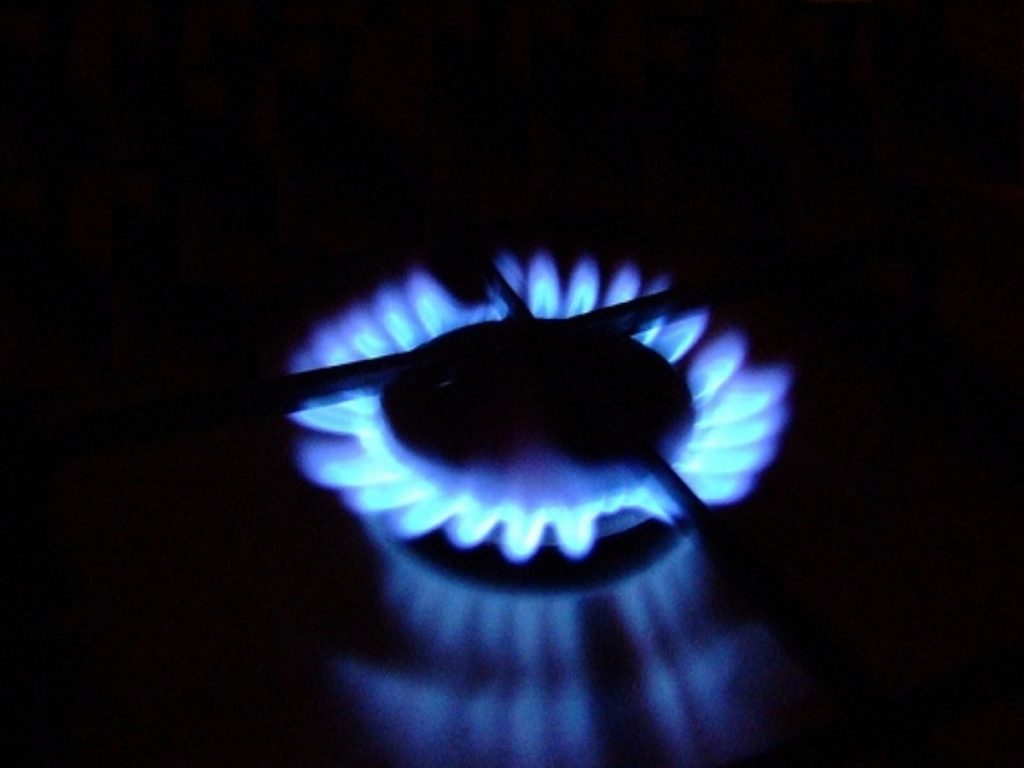Households to pay more under coalition’s energy plans
Consumers will have to pay even more for their energy to fund the switch to renewable energy, under legislation published this morning.
The draft energy bill is thought to lead to households paying up to £200 a year more for their energy as the coalition seeks to achieve its pledge to be the 'greenest government ever'.
Ministers blamed rising fossil fuel prices for the expected increase in electricity bills in the years to come, but claimed household electricity bills would be four per cent lower over the next two decades as a result of their reforms.
The proposed legislation, which will face parliamentary scrutiny over the next 12 months, will be deeply controversial as debates over the affordability of energy intensify pressures facing the market.


"If we don't secure investment in our energy infrastructure, we could see the lights going out, consumers hit by spiralling energy prices and dangerous climate change," energy and climate change secretary Ed Davey said.
"These reforms will ensure we can keep the lights on, bills down and the air clean."
Green campaigners have admitted frustration as ministers respond to the delays in developing renewable energy.
New gas stations, which do not produce as much carbon as coal, are thought to be viewed as an interim solution while the government raises £110 billion of investment in clean energy.
Nuclear energy is set to be boosted through a series of changes making it easier for companies to invest in nuclear power stations in Britain. A new regulator, the Office for Nuclear Regulation, will be established.
"Nuclear is going to be expensive, gas prices are going up, renewable need some investment," Doug Parr, head of policy at Greenpeace, told the Today programme.
"In the short-term it's about decreasing demand by becoming more energy efficient."
Other measures featured in the draft bill include an emissions performance standard, which will block the construction of new high-emission coal-producing gas stations, and a new set of feed-in tariffs to encourage more investment in low-carbon generation and clean energy.
Paul Steedman, senior energy campaigner at Friends of the Earth, commented: "The government needs to stop obsessing over a way to make the sums for nuclear power add up, stop our homes leaking heat and switch the country from dirty gas to clean British energy from wind, sun and water to help hard-pressed households with their bills."
Centre-right thinktank Policy Exchange's head of environment and energy, Guy Newey, said that consumers were being forced to pay a "one-sided gamble" on high energy costs in the future.
"If these high prices do not materialise, the unnecessary cost to consumers could be in the tens of billions," he warned.
Mr Newey said he backed low-carbon technologies, including nuclear, but said the government's "labyrinthine proposals" were not providing the certainty required by investors.
Instead, he warned, the coalition's bill is seeing ministers "stumble towards more and more central planning in the energy market".












